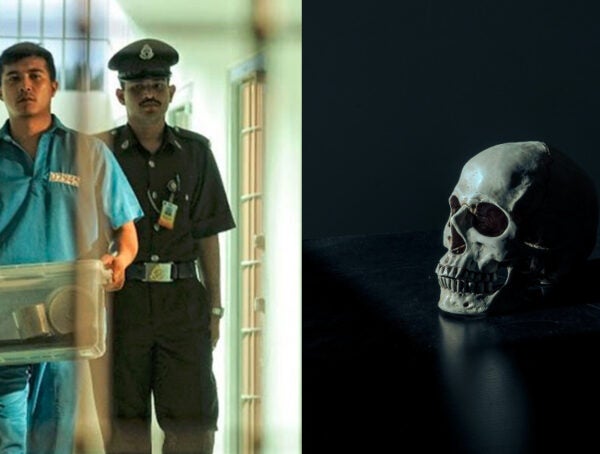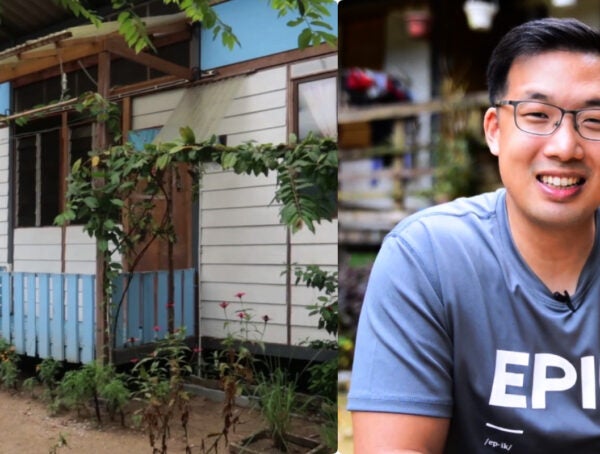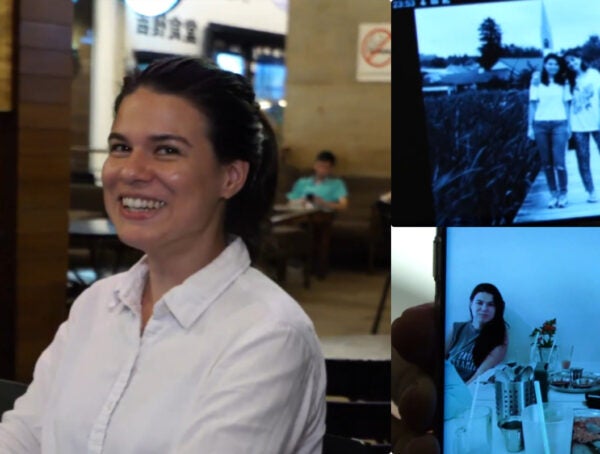Disclaimer: In Real Life is a platform for everyday people to share their experiences and voices. All articles are personal stories and do not necessarily echo In Real Life’s sentiments.
Gender dysphoria is a term that is used, or at least one that has been changing in the past few decades. At least in recent times, it’s a term used to describe someone who doesn’t identify with their own gender or the gender that they were assigned at birth. So then they feel this need to transition to the “other,” or the opposite gender.
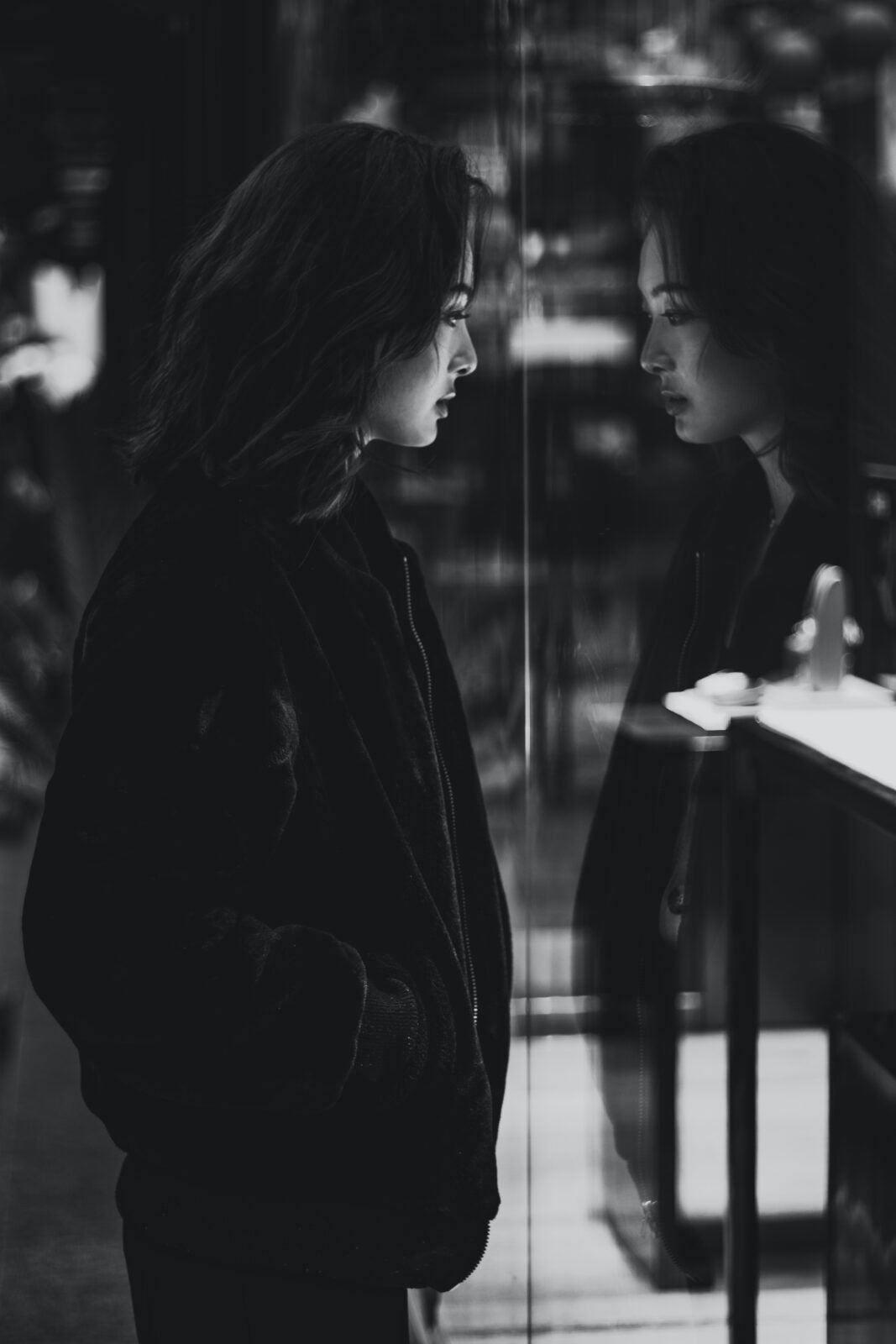
[source: eric torres on pexels]
Of course, if you want to delve deeper into it, there are a lot of aspects to it. You have the trans identity, which is kind of an umbrella term for many other identities within the whole spectrum. For example, there are transgender, genderqueer, non-binary, etc etc.
The thing is that people often associate gender with sexuality, which is really two separate issues. One is how you identify with a gender, and the other is just your sexual preference, which is a whole different thing. As a result, a person can be transgender and have any sexual orientation.
It can be the same, different, or maybe even bisexual. It’s a whole spectrum, really.
I think, for a lot of the general audience, it’s just a lot to absorb. People have a hard time understanding what “transgender” is.
Now you have non-binary being part of the mix, and people are just like, “What the heck is this?” I don’t understand! —especially for more conservative and older people—this can be too much for them to absorb.
But it is what it is.
Just because you’re gay or lesbian doesn’t necessarily mean you’ll have gender dysphoria.
The spectrum of sexuality itself is also very broad now. There’s this one term, which I might be wrong about… So there’s something called sapiosexuality, which is, like, attraction to someone based on their thinking mindset (intelligence) rather than just their sexual desires.
So it has become so broad right now because of, I guess, political correctness over the past decade or so. It has changed so much because when I first learned about all this, none of these terms came up. I was probably in my teens when I was reading all of this. Nothing was as elaborate as it is today. So it’s a whole different world.
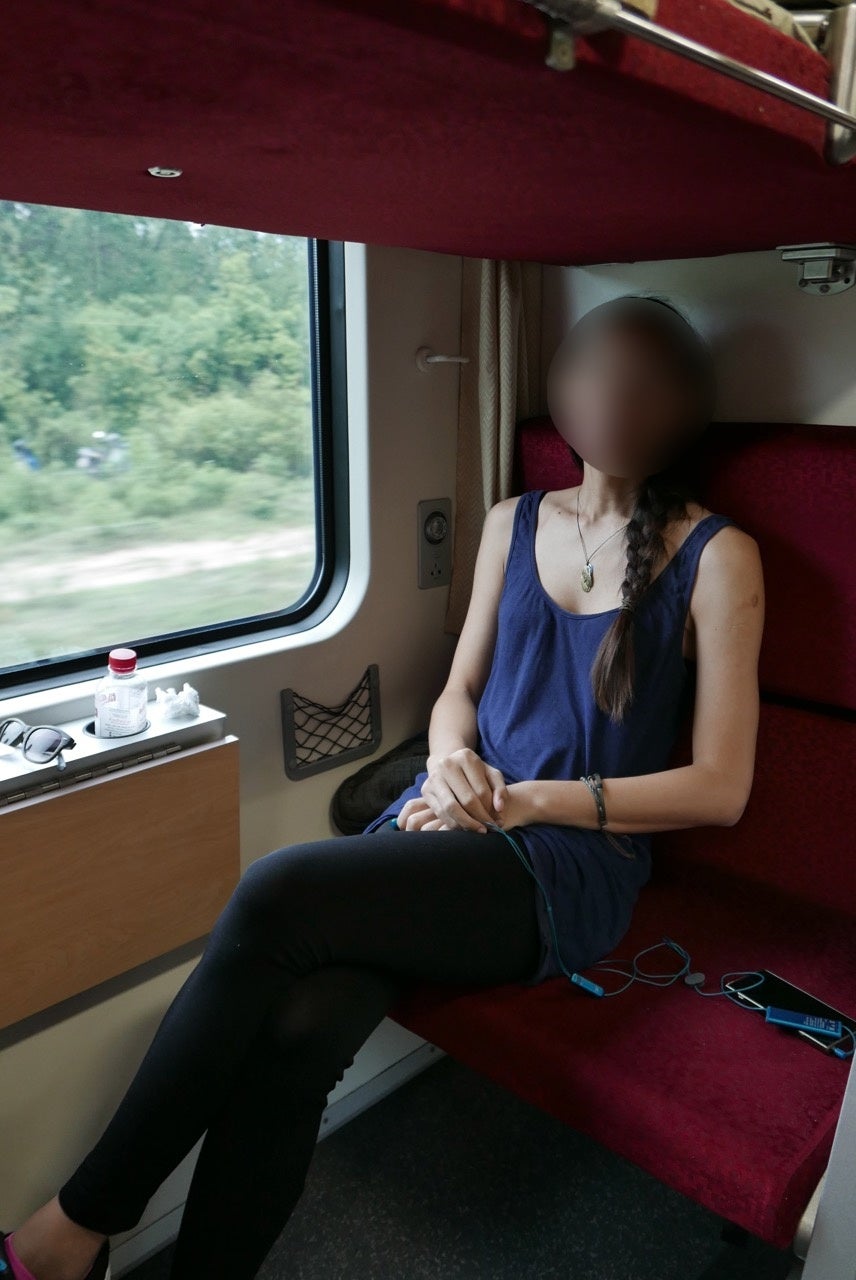
[image provided by author, mushamir]
My Experience With Gender Dysphoria
Growing up, I just thought I’d go through life and not have to think about all these things. that it will go away.
It started when I was just 3 years old.
But, when you have a society that wants you to conform to things, you tend to just ignore it and hope that you turn out straight. Basically, being cisgender means being someone who lives as the gender that they were born with.
Of course, growing up, I didn’t think I was trans yet, but it was like, “Oh, I want to try my sister’s clothes and play with their makeup.” When I was 3 or 4, I asked my mom to put some nail polish on my toes, and my dad would come home like, “What are you doing to our son?”
So it was kind of… not normal? It’s not what young boys would say. But the feelings kind of remained the same as I grew older. Nothing has changed. I just wasn’t happy being male.
It was also a challenge to change and transition in this society, so I was thinking, “What should I do?” If I transitioned here, I would get ostracized by society; I wouldn’t be able to get a job; my parents would kick me out; and I’d lose all my friends.
But on the other hand, I kind of faced some minor depression. I only have one life, and sure, things are always going to be hard, but I didn’t know what I should do.
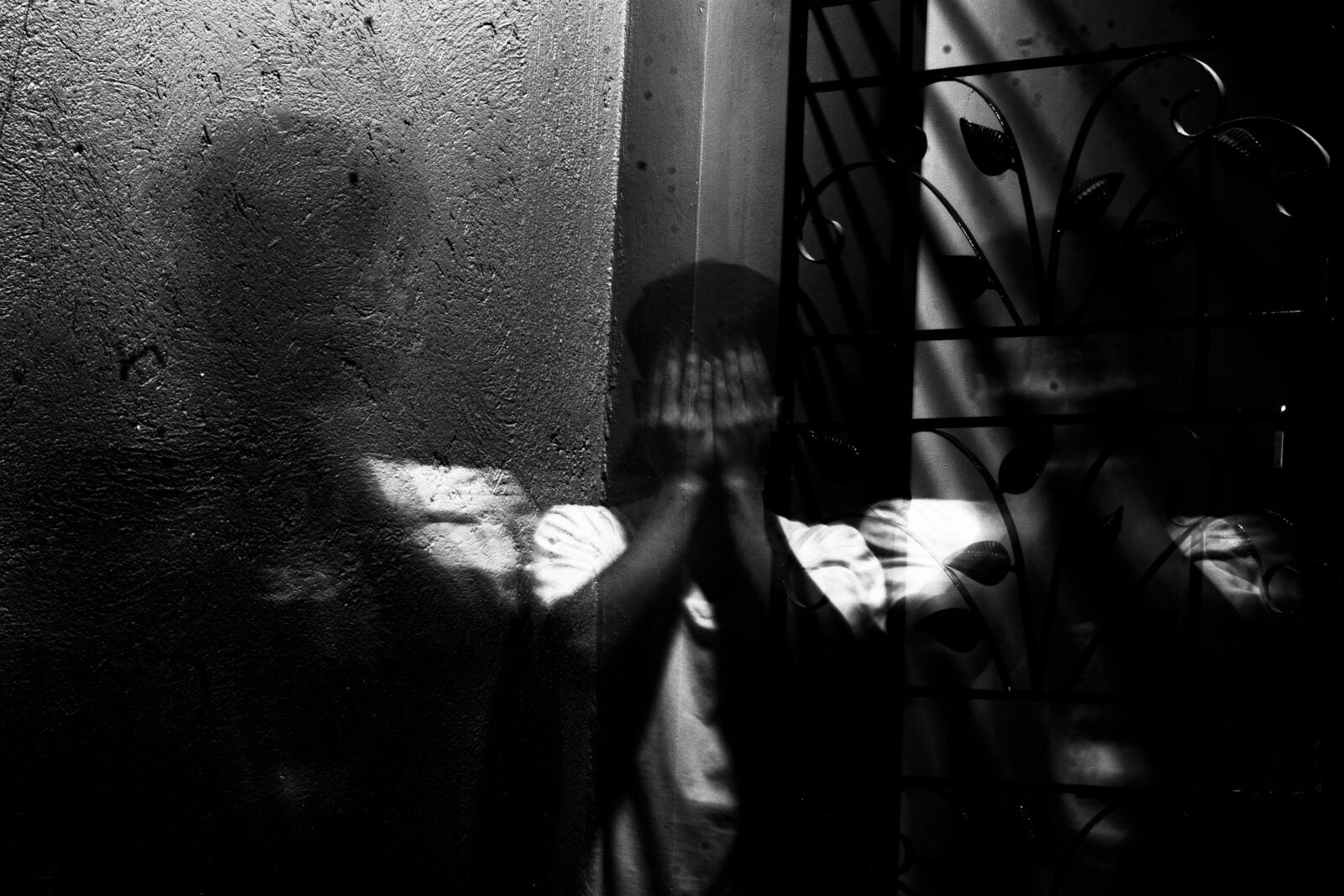
Source: nothing ahead on pexels
I kind of lived as a man up until maybe three or four years ago.
Then I realized that this is the life I want to live. I don’t want to have to hide it. It’s kind of hard growing up because I was kind of like… You have to like hanging out with the boys, and there’s always the tendency for them to go, “Ew, you’re like a girl.” “You must be gay.”
But, of course, kids don’t really know what that means. They’re just copying what they saw on television, and we all know that the media isn’t always right anyway.
But you know what it is with society. People are more conservative. People would not want to talk about these issues. It’s too embarrassing to talk about, or it would bring shame to me or people I associate with.
There are a lot of aspects to this kind of experience. To be specific, it has been both difficult and profound for me.
I was at a point where I thought I wouldn’t talk to anyone about it. I would just die with this feeling of wanting to transition. Maybe I’d write a book about it, and then when I die, people would find this book about me and read about my life, which they never knew.
But then I thought, what’s the point if no one knows and I just die, you know, kind of fade away, leaving the book as a memento?

Source: annushka ahuja on pexels
I mean, I actually ended up writing a book about it (laughs). But I just figured it’s probably better for my parents or some of my friends to see me alive and happy, as that’s how I feel. As opposed to finding me dead and reading a book about it, thinking, “Oh my God! “I never knew.”
The more I thought about it, the more I realized that you only have one life. If it’s not really what you want, you’ll just never feel happy about it. It’ll keep going back to the question, “Why do we live?”
Do I really want to just grow up, get married, start a family, buy a house, have kids, send those kids to school, college, and university, and just repeat the cycle?
Those were just some of the questions I kept asking myself while I was growing up. That was just one of the profound aspects of some challenges I faced.
Of course, growing up, I also dabbled in little boys’ stuff. I tried to be cool and tried to impress some girls—things that a typical boy would do. But while I was doing it, I really hated doing all that typical macho stuff.
All the boys were like, “Yeah! I want to have muscles and get six packs,” but I never really cared for that. I used to think it was unattractive when they built muscles like that, but they have such tiny little feet (someone has been skipping leg day).
I did enjoy some sports and whatnot. But there will always be a masculine aspect to it—the macho kind of stuff—which is just something I don’t associate with. It’s very animalistic and, in a way, territorial because people want to insert their influence, power, and dominance over others. It just happens at work and in society as well. So, this male insecurity is kind of projected onto every boy, really.
I really don’t like that. I kind of wished I could do more stuff that girls did. But secondary school was not a good time for that. I went to a government/national school in KL, and the principal was super conservative. We wanted to have a “battle of the bands” thing, but she said that a guitar is like an alat muzik syaitan or something like that.
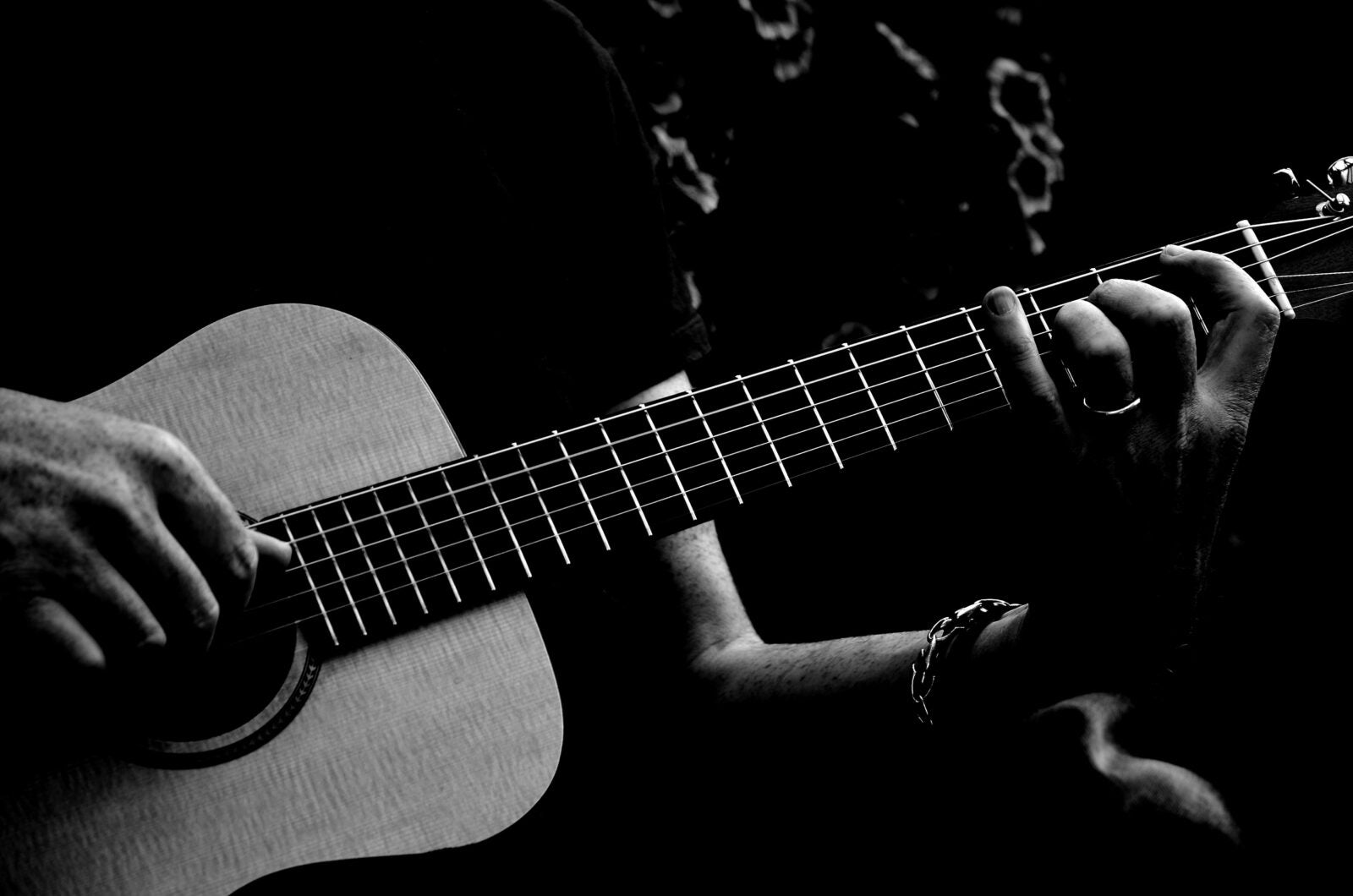
Source: del adams on pexels
I was born in the 1980s, so at the time I felt like there was a lot of conservatism creeping into our society, but it also felt very politically engineered. For example, there was still sex reassignment surgery in Malaysia until the 1980s. Then, in the 1980s, there were ****loads of problems, with people asking all doctors not to do it because it was sinful.
So, a lot of trans folks would have to go to Thailand for surgery and to get hormones or illegal drugs to continue their transition.
Looking at that example, I felt like it was super hard for me to do this, and I wondered if I would die in the process… But there’s always the possibility of that happening. So far, knock on wood, it’s been okay for me.
Going Through The Transition
I’ve gone through hormone replacement therapy. There were two options for how I could’ve done it. I generally followed the European standards; you’d usually go through a psychological assessment by either a psychologist or a gender therapist, where they’d determine if you really identified with the gender—which usually takes a lot of years to do. I’ve been on it for over three years now. It basically feels like what God didn’t give you, you could just get from the pharmacy.
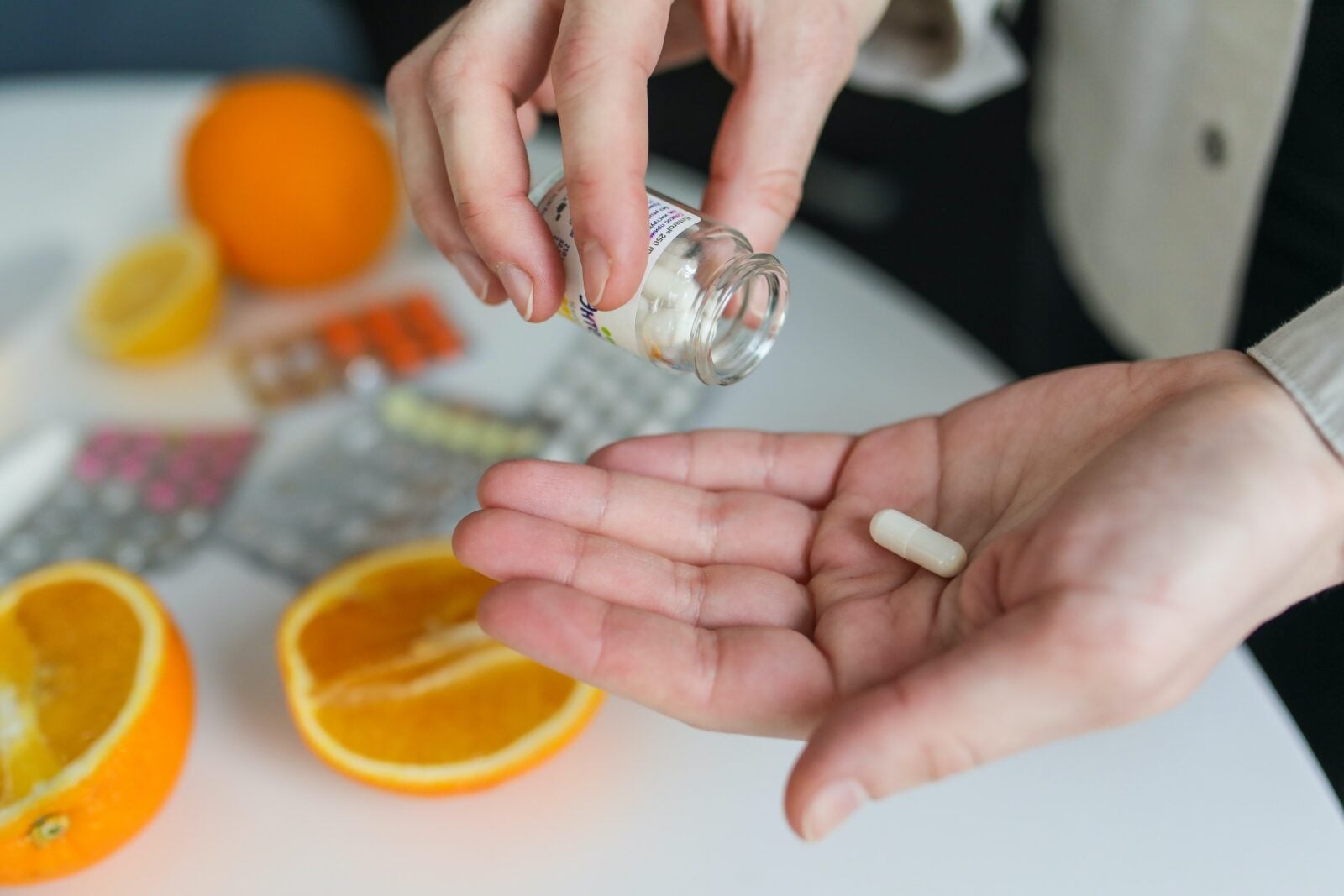
Source: polina tankilevitch on pexels
I usually get my oestrogen from a pharmacist, along with an anti-androgen to reduce the prominence of testosterone. So that would kind of help with changes in the body; I would experience changes like breast growth and whatnot. Of course, the final surgery is always the most difficult for a trans woman, and that’s always expensive and very hard to think about, so that’s kind of high on my list of priorities. I guess my point is that it’s just difficult, and some people elect to not have the surgery. It really depends on the circumstances and how dysphoric you are.
I think the more dysphoric you are, the more you’d feel like you’d want to mutilate yourself sometimes.
That’s not really my cup of tea. I have my parents to take care of, so I need to prioritise that. That’s just more important to me than the thing that I feel like I need to do.
“How old were you when you knew for sure that you wanted to be female?”
In terms of my awareness of it, well, I’ve seen a lot of television shows where there were elements of cross-dressing (where the actor or actress wears an outfit typical of the opposite gender). For a long time, I was just trying to figure out the distinction between the two because there were also transvestites. So I assumed that what I was feeling was more about presentation than a desire to transition.
I’ve seen a lot of movies, and I’ve seen drag queens, which made me think that I’d want to be like that too.
But it was generally so different from today’s world. It’s very interesting to me to see that I can be like that too without necessarily going through surgery.
So yeah, I keep digging through more media to try to understand what it’s like to be a little more different in that sense. Whatever I could find about being a transvestite, transgender, or transexual, I read. I watched a lot of documentaries, and I read some journals online.
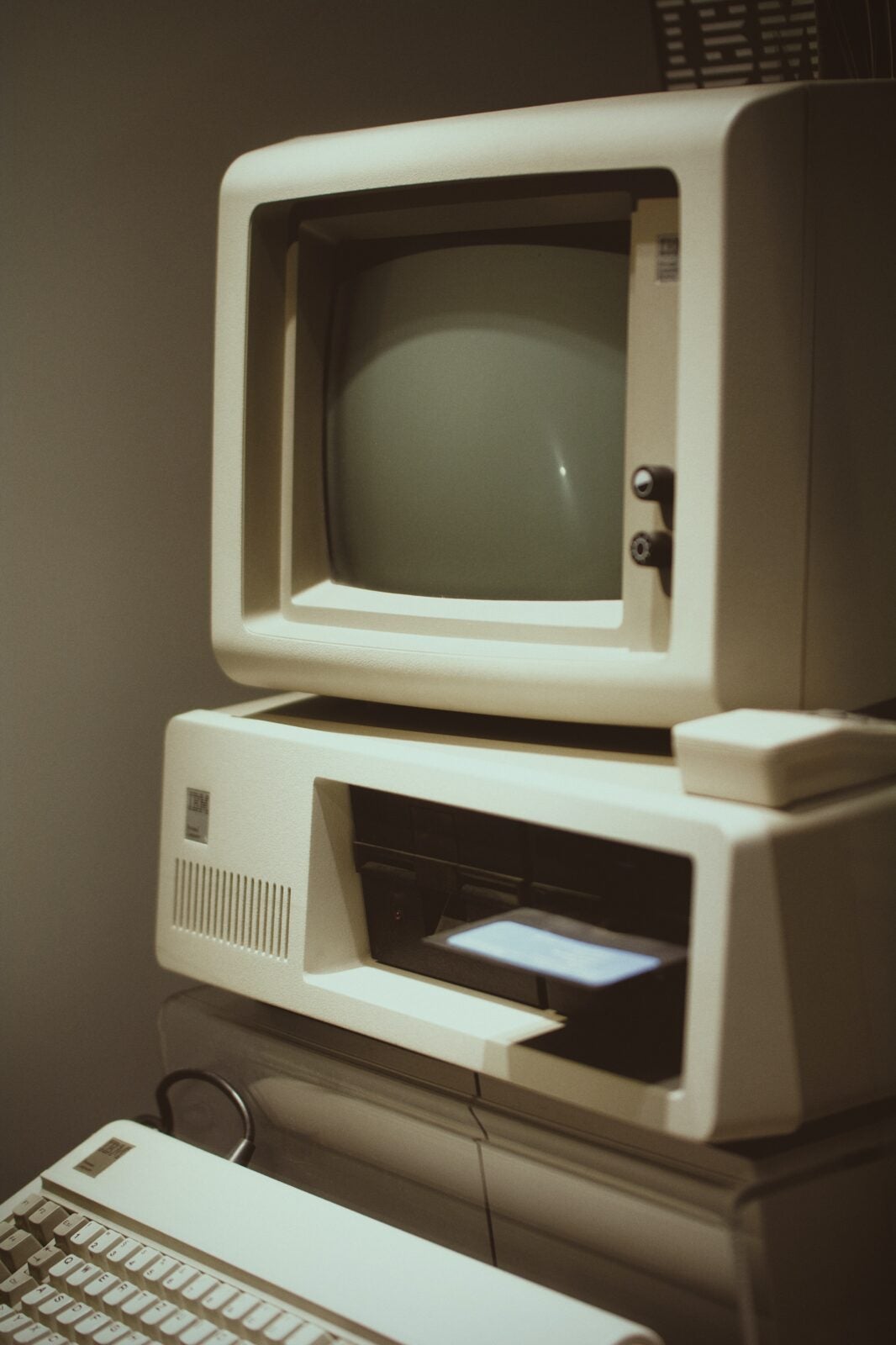
Source: bert on pexels
I’m considered lucky in that sense (of self-discovery) because my dad bought us a computer back in 1996 for the first time, and we had Internet access. Yeah, it was a whole different technological generation, and it was so expensive to use the internet because it was paid-per-minute. One time, our internet bill came back, and it was like, RM400 (laughs). But the download speed would just be so slow.
We used to have a CD-ROM of an encyclopedia, and I would go through that a lot to learn more about what it means to be trans. I was just trying to learn more about their definition. But the Internet was still in its infancy back then, so I only found out more details about it by reading about people’s successful experiences with it in the past. I’d burn the midnight oil just reading about those throughout the early years of secondary school.
I guess I got to learn more about it online when I was younger. So, yeah, I’ve been aware of it since then, and the only problem I ran into was that I couldn’t find any transition stories with a happy ending. A lot of people end up depressed or dead, and it was just really gloomy.
For example, back in the 1970s, there was actually a Bond girl, Caroline Cossey, who was really pretty and a supermodel. But then people found out that she used to be a man, and they outed her, so she just couldn’t get a job anymore after that, and she was forever stuck with that. Still, she was really pretty, and you couldn’t even tell that she transitioned.
So yeah, I kind of left that sitting for a while, and I thought it would go away. Even until I was in my teens, I would just try on feminine clothes and think, “This kind of looks good on me.” Then I’d try on makeup and feel like it looked terrible and that I shouldn’t transition.
But yeah, of course, I grew up in a family where we’re not too well off, and everyone just kind of has their own issues. We’re not rich, and we’re always strapped for cash. I try not to bring this up at all because no one is going to want to help me with it because it’s expensive and government hospitals wouldn’t even know what to do.
Even some people today would send a person through conversion therapy, and what that does is try to get you to “think straight.”
I guess my point is that I was just born with this, and it’s not something that I just decide, “Oh, I want to change today.”
It’s always been a demon that I’ve been fighting for over three decades now.
I also want to make it a point to do it while I am still able to, and I don’t want to transition if I am too old, like if I am 60 years old. Plus, there has been a lot more trans awareness in the past 5 years since Caitlyn Jenner came out, which is good, but she’s, uh, interesting, I guess. She’s super privileged, and she grew up with all the money to just do what she wants. Society might want to shut her out, but she already has the resources, so she’s lucky in that sense.
There’s also Teddy Geiger, a musician who also acted in a movie with Emma Stone once, and she went from this teenage heartthrob to a woman. She also transitioned publicly, so it was really cool for me to see. I just try to find more positive outcomes because I want to believe that it’s not always the worst thing to happen.
How has being transgender affected your life in Malaysia?
I just went to work as I am and went with the “don’t ask, don’t tell” policy. If people don’t ask anything, then I don’t say anything. I just am who I am, and I would wear my earrings.
Sometimes, if I’m tired, I’ll just let my hair down. But yeah, they never asked much, and when they do say stuff, I just ignore it sometimes because I really need the money. They’re not mean or anything, but they do say things that can be insensitive sometimes. I just don’t have the energy to go through that whole process.
I got into it at a tech company where I talked to the interviewer about my gender, and she was like, “Ok cool, yeah, I have friends like that too.” But then, I never heard back from them again after that. I decided not to talk too much about it because I just really needed a job and I had bills to pay.
Sometimes, there are things that you have to just leave and pick your battles.
For example, when a bank calls me or something, I’d want to tell them how I identify and I’d want them to call me “miss,” and they’d be like, “no?”
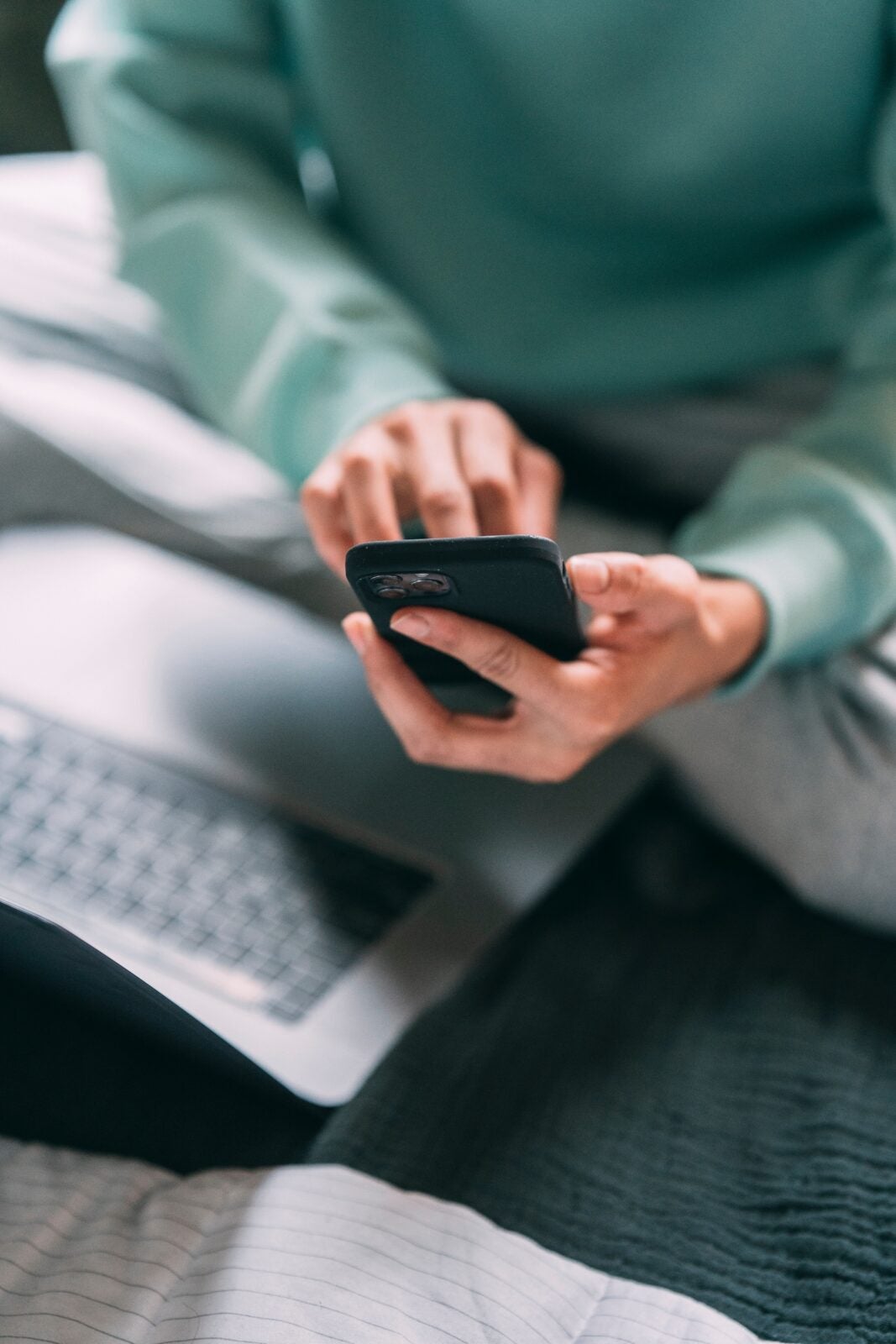
Source: greta hoffman on pexels
So they’d just keep calling me “mister,” and I’d have to keep explaining to them, but at some point, I just got too tired to care. It really depends on where I am.
When I was in India and Indonesia, I had a better experience. Here in Malaysia, it’s very half-and-half. I wrote an article about it, and I talked about when I went across borders.
I was going through a security check, and the guard was patting me up, and all I could think was, “Isn’t it obvious that I have breasts here?” “Stop touching me.”
But he realised what he was doing after a bit and kind of went blank in horror. I’m a little taller than a regular girl; I’m about 180 cm. I kind of wish I could give away my height because it is drawing a little too much attention.
“We Cannot Change Our Gender In Our MyKad In Malaysia”
In India, people were really nice to me, even when I presented my identification card. In Malaysia, we cannot change our gender on our ID. I went to JPM to try and change some information on it, like my name, my address, and my gender.
So they gave me a form to fill out with all this new information, and I filled it out, but when I gave it back to them, they said, “Oh, you can’t change your gender,” which perplexed me because there’s a box for it in the form to change our gender, so why include that if we can’t even change it?
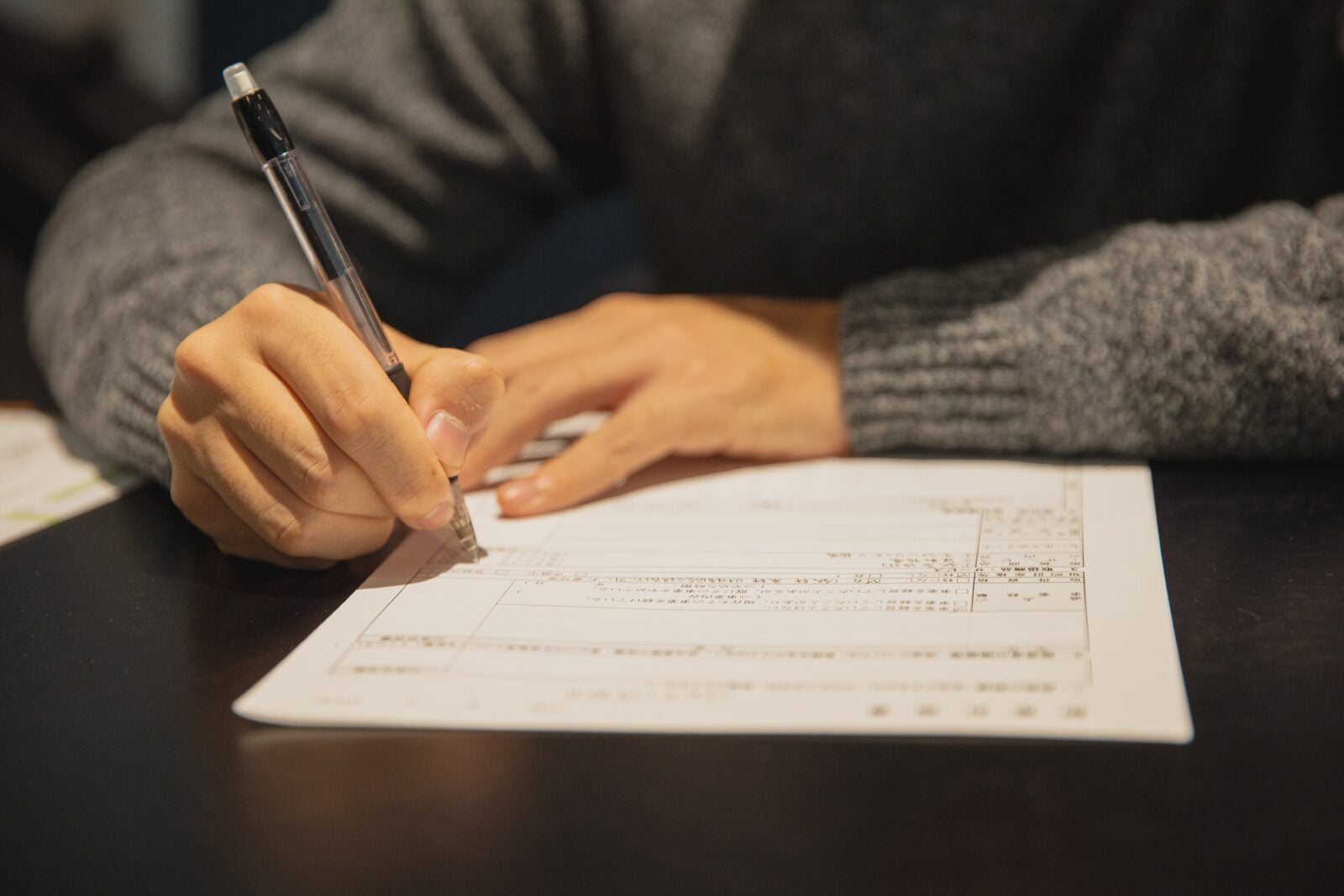
Source: ryutaro tsukata on pexels
The person said that I could only change it if I had a court order, but that means I would have to take this case to court. I’d need a lawyer, and I’d need to get services that would require me to have the resources in the first place.
Yeah, I might know where to find a good lawyer, but I still don’t have the resources for that.
For many other trans women or trans men in Malaysia, there’s no way that they could afford this. People are already struggling to put food on their plates. It’s a difficult thing to do right now.
I was also thinking of applying to study abroad again for a bit, but I will need to see if I get the funding for that. I have a lot of ambitions, so slowly but hopefully soon things will change.
Why Transgenders Decide To Finally Go For The Surgery
There are also times when people walk past me without even looking at me. It’s just a good day with the hormones, as they actually change my physical features more. My face used to be more angular in the past, but my mother says it looks softer now—although I don’t really see the difference.
But that’s mostly why a lot of trans people decide to go through with the transition.
It allows them to experience the changes in the shape of their face, their physical features, and their sexual characteristics. Trans women would notice growth in their breasts, the softening of their skin, their hair, and other things; trans men would find that their voice is starting to sound deeper and may notice more hair growth, like body hair and facial hair.
For trans women, you can’t really change your voice unless you go for voice therapy and surgery. So that was actually a big concern I had when I was starting to transition. I was like, “Oh, I don’t want to sound like a boy!”
I never had the chance to be a female with my friends, so I’m kind of doing this alone in a very “unclear” way in my life. I’m glad I had some friends who supported me, as well as family who supported me.
How did you come out to your family?
Back in 2015, when I was in my late 20s, I told my parents that I had to tell them something.
I had to find the best moment to talk to them about it, and I sat them down.
I told them at the time that I was more genderfluid, which I explained as having a gender that is kind of duo in a way and that I could pass as one or the other at times.
So, I started with that, and it went on for two or three years before I came out again and said, “Actually, I feel like I am more female, so I’m going to transition.”
So I went to therapy on my own, and I got diagnosed with gender dysphoria, so I’ve been going through hormone therapy.
At first, my mom was like, “Oh my god, I’m not going to have any more grandchildren,” and my dad was like, “Tch, don’t talk about that right now.”
I feel very lucky that my parents accepted me even from the beginning and that they thought of it that way. At the time, my girlfriend was not such a big fan of me being female; I had to educate her a little about it, and she was okay with it for a while until a few years back… She was okay with the part of me that was gender fluid. But then we broke up a few years ago because I guess it was too much for her—I’m not sure, to be honest, because I haven’t spoken to her in a long time.
Family relationships are really important when you are thinking of transitioning, because I know a lot of people who get kicked out of the house, especially those who come from trans families. I told them I was genderfluid, which I defined as having a gender that is sort of duo in some ways and could pass for either one at times.
The community that I’m part of will always have to deal with that toxic masculinity that someone would relinquish when they became female. People would say things like, “Would you want to change to the weaker gender?” That’s just the perception people have, and a lot of people don’t see that. But female, because what’s wrong with being female, and why is it weaker?
Many men who believe in traditional masculinity will always believe this. That is why there are so many trans women who are beaten, abused, and led. I feel like a lot of times, it’s because these men are just super insecure about their masculinity because they see someone who used to be a man but is now a woman, so they see that as a weakness. So, they think that they can assert power or authority over them.
If You’re Attracted To Women, Does That Make You A Lesbian?
In today’s society, I’d be classified as a trans woman and a lesbian. People would say that I’m crazy for transitioning but still like women, but it’s gender; it doesn’t necessarily have to do with my sexuality.
When I told my doctor about that, she said that it’s so complicated for me that it might be better for me to not change my ID for now if I am thinking of getting married to a woman. But that’s a long way down the road, and I don’t know what’s going to happen. It is still to be determined.
So I’m just leaving my options open for a little bit.

Source: ketut subiyanto on pexels
But yeah, there are definitely a lot of challenges to being trans, and I guess I count myself lucky for not facing too extreme of a challenge personally. The problems I go through are what most women go through, like being catcalled or harassed on the streets. physical harassment too, which I encountered in India.
I’m not in a position where I’m cheating my gender when it’s really more important for my mental health. I’m not gaining privilege from being a woman, because male privilege is definitely real. So I’ve kind of looked at things from a different perspective in the past few years, and it’s just interesting to have these perspectives.
Life After Transitioning
In terms of transitioning, I don’t think it’s for everyone. Depending on where you are, sometimes you could feel like you’re in constant danger. You will feel like you are in a tight community, which isn’t the worst.
One thing is for sure about transitioning: people would just not be used to this or they wouldn’t fully understand transitioning, and they’d be too shy to ask. It was really bizarre when I came out because I was telling people how I felt and they thought I was joking or lying to them. I lost friends when I was transitioning, but I also got to show my true self to the ones who stuck around, so it wasn’t all that bad.
There’s only so much you can do; there’s only so much you have control over, and you just have to let go of the things you don’t.
I was able to find a support system and proper healthcare to help me through my transition. Not many can really say the same.
Do You Use The Men’s Toilet Or The Women’s?
I don’t think I’ll ever go back to using the men’s toilet because it’s more for my security. I’m too scared to get beaten up if I do use the men’s toilet.
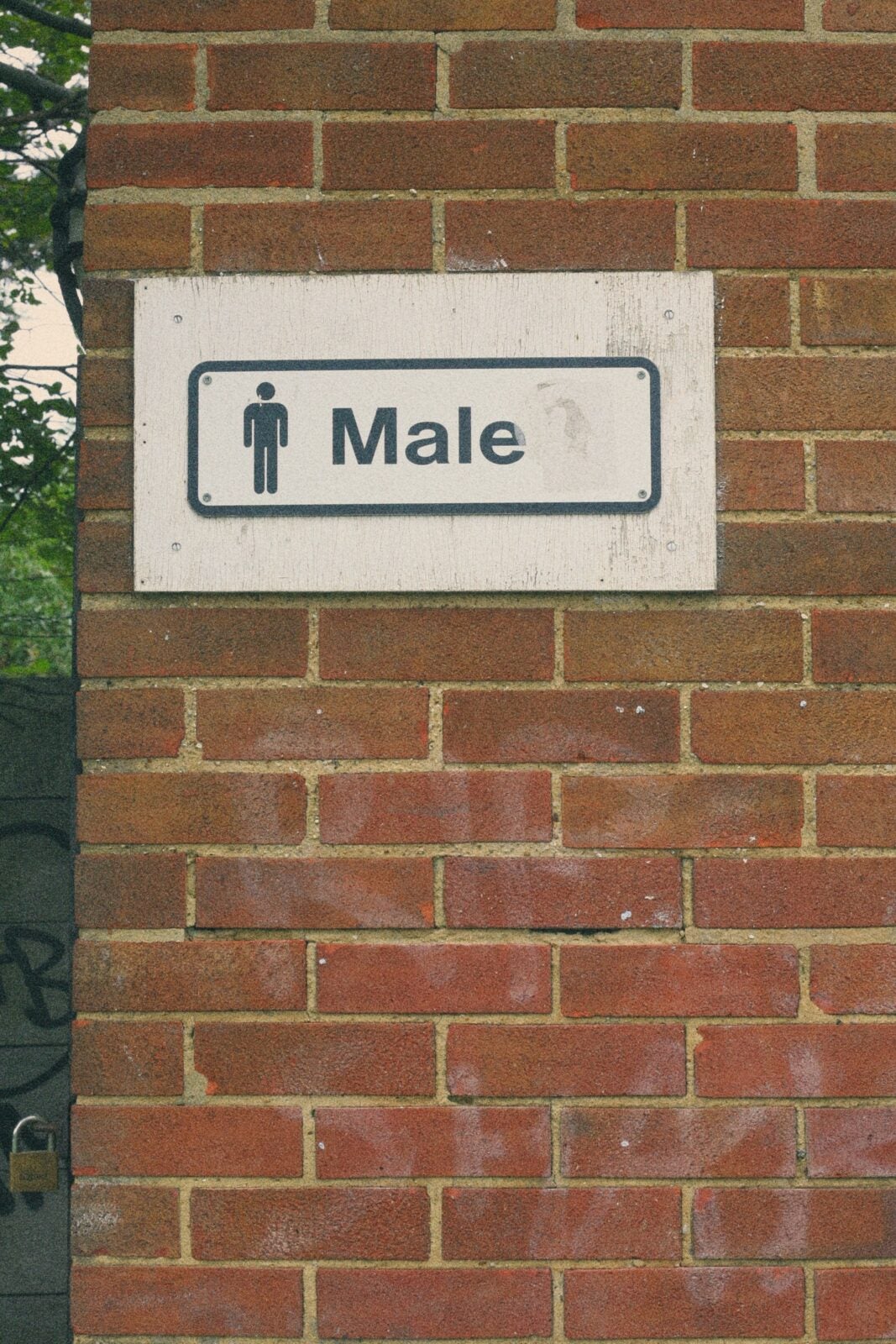
Source: inti tupac liberman ares on pexels
I do use the women’s, and so far it’s not been too bad. One time I was using a toilet in KLIA and there were these two cleaners who spoke Malay (thinking I didn’t understand them) and asked each other, “perempuan ke tu?” The other cleaner was just like, “Yeah, that’s a lady.”
I believe they were simply curious, and we as humans are prone to passing judgment on others. I try not to think too hard about how everyone is just out to get us (trans folks), so I usually just think it’s mostly curiosity for these people.
I try to find different strategies for going through these kinds of situations. Strategies such as wearing outfits that clearly show that I am feminine I also try not to establish eye contact with men in general.
That’s been a great help for me.
Do you have any message you want to give to other trans women who are going through this transition, or if they’re confused about their gender, etc.?
I think if someone is going through that phase of understanding their gender or sexuality, it’s always best to find a good support system. Anyone they can trust in healthcare, really. I’d also suggest finding proper healthcare, like private healthcare, if that’s possible for them. I’d advise these people to not give up.
Of course, there are a lot of things to enjoy in life and to look forward to. We’re here because we are, and there’s nothing that we’re truly supposed to be doing. It’s a different journey for everyone. Learn to pick your battles and learn to prioritise what’s best for you.

[image provided by author, mushamir]
I learned to pick my battles. I prioritised myself and my parents.
And I’m just living my life as the person I’ve always wanted to be.
Do you know anyone with an interesting story to share? Drop us an email at ym.efillaerni@olleh and we may feature the story.
For more stories like this, read:
You might also like
More from Real People
‘A RM100 fee cost a company 5 years of revenue’ shares M’sian
This story is about a Malaysian who learned that bureaucracy can be defeated simply by not arguing with it.A billing …
‘I quiet-quit, upskilled, and tripled my salary,’ shares M’sian engineer
This story is about a Malaysian who learned that loyalty without leverage leads nowhere in the corporate world.After years of …
‘I did everything right, and it still wasn’t enough’ shares M’sian graduate
This story is about a Malaysian graduate navigating big dreams in a job market where a degree no longer guarantees …






